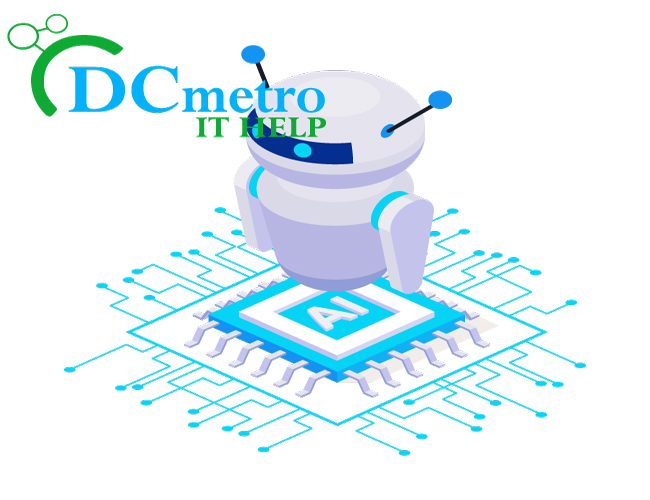Artificial Intelligence (AI) has emerged as a groundbreaking technology that is rapidly transforming various aspects of our lives, driving innovation across industries, and reshaping the way we perceive the world. With its ability to mimic human intelligence and perform complex tasks, AI has become an indispensable tool in the modern era. From enhancing efficiency and decision-making to addressing societal challenges, the importance of AI cannot be overstated.
1. Enhancing Efficiency and Productivity
One of the key benefits of AI is its ability to automate mundane and repetitive tasks, freeing up human resources to focus on more creative and strategic activities. AI-driven automation is revolutionizing industries such as manufacturing, logistics, and customer service, leading to increased efficiency and productivity. Tasks that once required significant human labor and time can now be accomplished swiftly and accurately by AI-powered systems.
2. Enabling Informed Decision-making
Data is the lifeblood of AI, and the technology excels at analyzing vast amounts of information to identify patterns, trends, and insights. AI-driven data analytics empowers businesses and organizations to make well-informed decisions based on real-time data. Whether it’s in finance, marketing, healthcare, or any other domain, AI helps identify opportunities and challenges, leading to smarter and more strategic decision-making.
3. Advancing Medical Research and Healthcare
AI has made significant strides in the healthcare industry, aiding medical professionals in diagnosis, treatment planning, and drug development. Machine learning algorithms can analyze medical images, such as X-rays and MRIs, to detect diseases at early stages with higher accuracy. AI-driven systems can also analyze patient data to predict potential health risks and personalize treatment plans, leading to better patient outcomes.
4. Transforming Education and Learning
AI is revolutionizing the education sector by offering personalized learning experiences. Adaptive learning platforms leverage AI algorithms to understand students’ strengths and weaknesses, tailoring educational content to suit individual needs. AI-powered tutoring systems and chatbots also provide instant support to students, extending the reach of education to underserved communities.
5. Revolutionizing Transportation and Mobility
The transportation industry is experiencing a seismic shift with the advent of AI. Self-driving cars, powered by sophisticated AI algorithms and sensors, promise to enhance road safety and reduce traffic accidents caused by human error. AI also optimizes logistics and supply chain management, ensuring goods are delivered efficiently and on time.
6. Addressing Societal Challenges
AI has the potential to tackle some of the world’s most pressing challenges, including climate change, poverty, and healthcare accessibility. AI-driven solutions can optimize energy consumption, predict natural disasters, and assist in disaster relief efforts. Additionally, AI-powered chatbots and virtual assistants are bridging language barriers and providing essential information to underserved communities.
7. Fostering Innovation and Creativity
AI is a catalyst for innovation, pushing the boundaries of what is possible. It empowers researchers, artists, and entrepreneurs to explore new ideas, create novel products, and drive technological advancements. As AI continues to evolve, it will unlock even more possibilities, revolutionizing industries we can’t yet foresee.
8. Aiding Environmental Sustainability
AI plays a significant role in environmental conservation and sustainability efforts. It can analyze large sets of data to monitor ecosystem health, track deforestation, and predict climate patterns. This information helps policymakers and organizations make informed decisions to protect the environment and combat climate change.
In conclusion, the importance of AI in today’s world cannot be underestimated. It has transcended the realm of science fiction to become an integral part of our daily lives and a driving force behind transformative advancements. From optimizing business processes and improving healthcare to addressing global challenges and fostering innovation, AI has the potential to shape a brighter and more sustainable future for humanity. Embracing AI responsibly, with ethical considerations and a focus on long-term benefits, is key to harnessing its full potential and making the world a better place for generations to come.



Leave a Reply